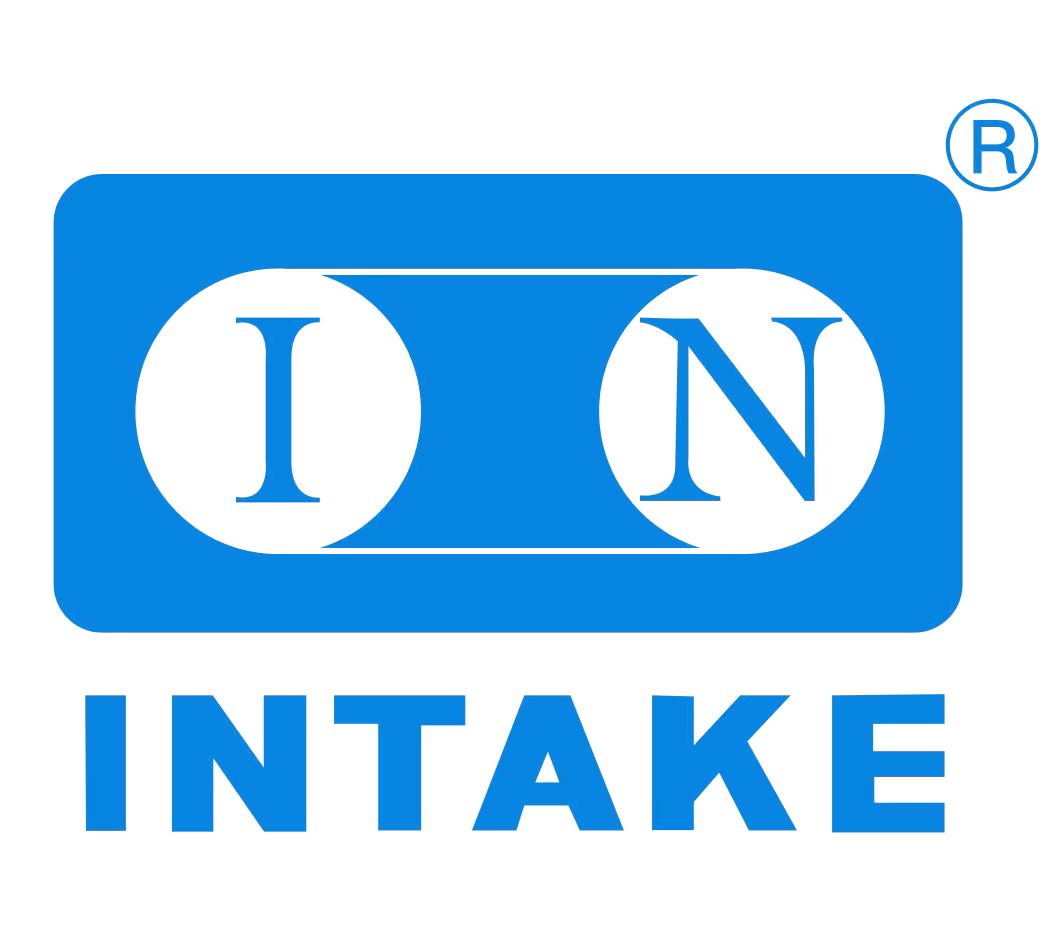Understanding the Importance of Belt Fasteners
Belt fasteners play a key role in various industries, ensuring the efficient operation of machinery. They connect sections of conveyor belts, allowing for smooth and trouble-free movement of materials. Without reliable fasteners, production processes can suffer from delays and increased downtime. Selecting the right type of belt fasteners is critical in maintaining an effective workflow. It’s essential to consider factors such as the materials being transported, speed, and the environment where the belts will be operating. For instance, in heavy load environments, opting for stronger fasteners can significantly reduce the risk of breakage, ensuring safety and efficiency. Professionals should continually assess the performance of their belt systems and replace worn fasteners promptly to avoid costly malfunctions.

Exploring Mechanical Belt Fasteners
When it comes to improving the longevity and performance of belts, mechanical belt fasteners are a top choice. Their design allows for quick installation and maintenance without needing specialized tools or extensive downtime. These fasteners are particularly beneficial in industries dealing with heavy loads or abrasive materials, where traditional fasteners might fail under stress. They help maintain consistent tension along the belts, which is vital for operational efficiency. Furthermore, mechanical fastening systems enable quick belt replacements, which can significantly minimize disruption during production cycles. For example, a bakery utilizing conveyor systems for packaging can greatly increase output by ensuring that any belt maintenance does not lead to prolonged downtimes, ultimately boosting profitability.

The Versatility of Belt Fastening Systems
Belt fastening systems are essential for various applications across different sectors. They not only ensure the secure attachment of belt segments but also adapt to changing operational needs, making them the backbone of modern conveyor systems. The right choice of belt fastening systems can lead to improved performance, reliability, and reduced operational costs. For instance, in a manufacturing plant, switching to a more durable fastening system can result in fewer breakdowns and less frequent need for replacements. This not only saves costs but also enhances worker safety by minimizing the risk of accidents associated with malfunctioning equipment. As industries evolve, the demand for adaptable and robust fastening solutions will only increase, making investment in high-quality fastening systems a prudent choice for long-term success.
Conclusion: Trusting Intake for Belt Fastening Solutions
In summary, belt fasteners are pivotal to the efficiency of various industrial processes, while mechanical belt fasteners and belt fastening systems are highly adaptable solutions that enhance reliability. For industries looking for dependable fastening systems, Intake stands out as a trusted manufacturer. Their products are designed with rigorous quality standards and offer significant supply advantages. By opting for Intake, businesses not only secure quality but also ensure that their operations can run smoothly, thereby reducing the risk of costly downtimes and enhancing productivity. Whether you are in manufacturing, food processing, or any other sector relying on conveyor systems, Intake provides the ideal fastening solutions to meet your specific needs.



